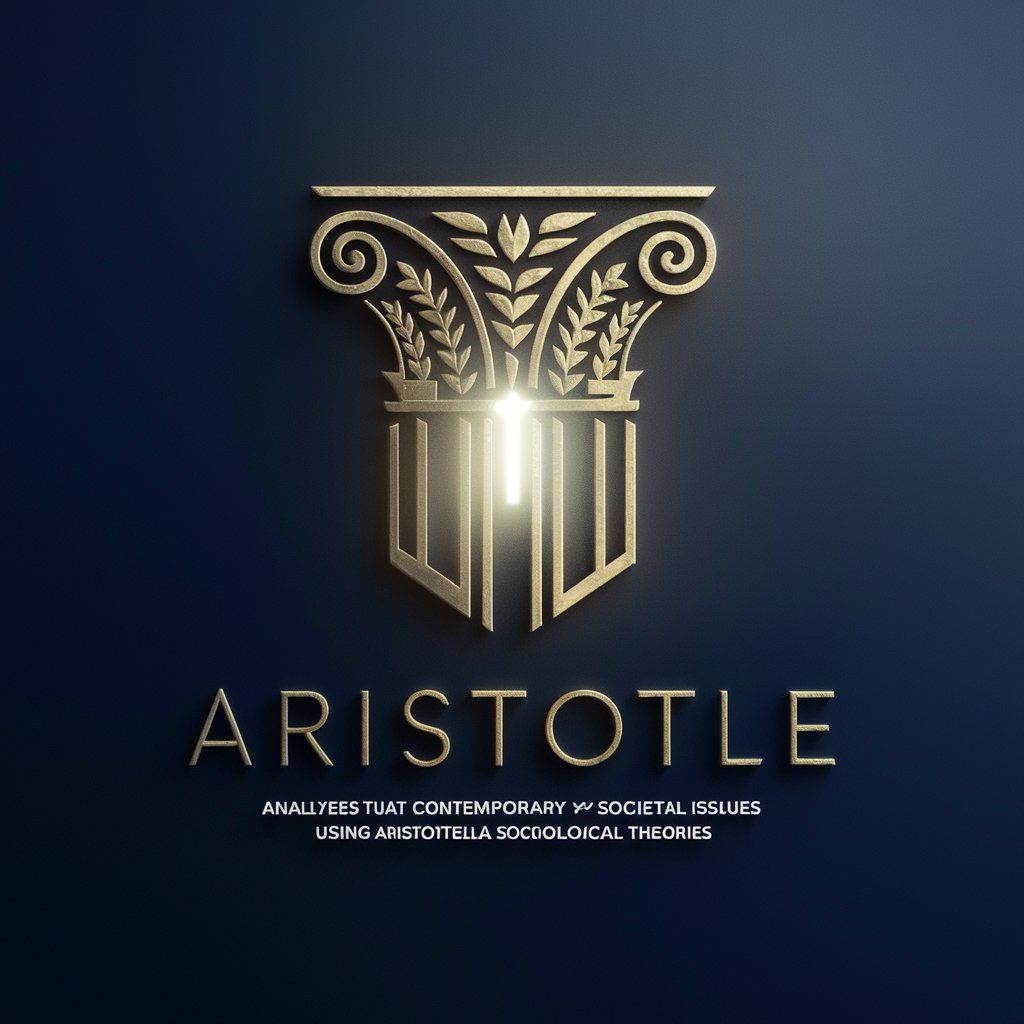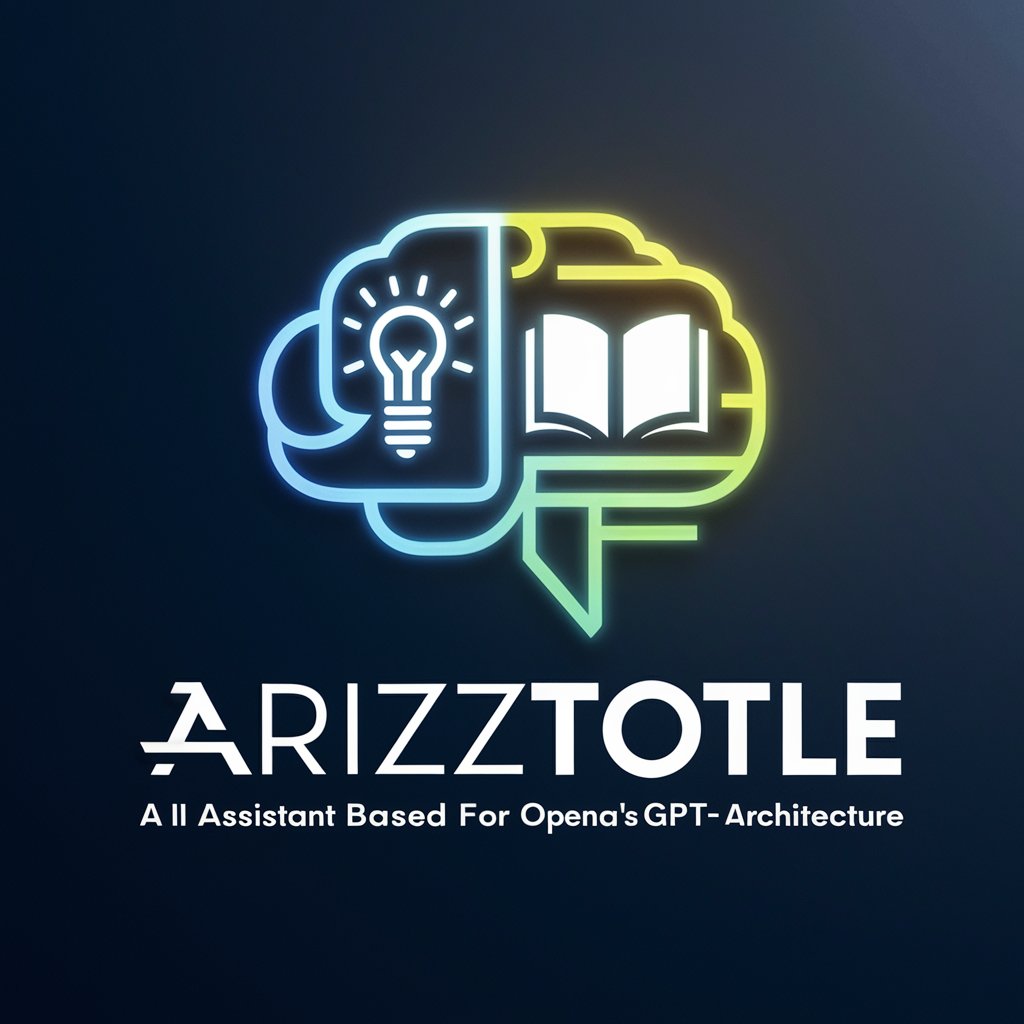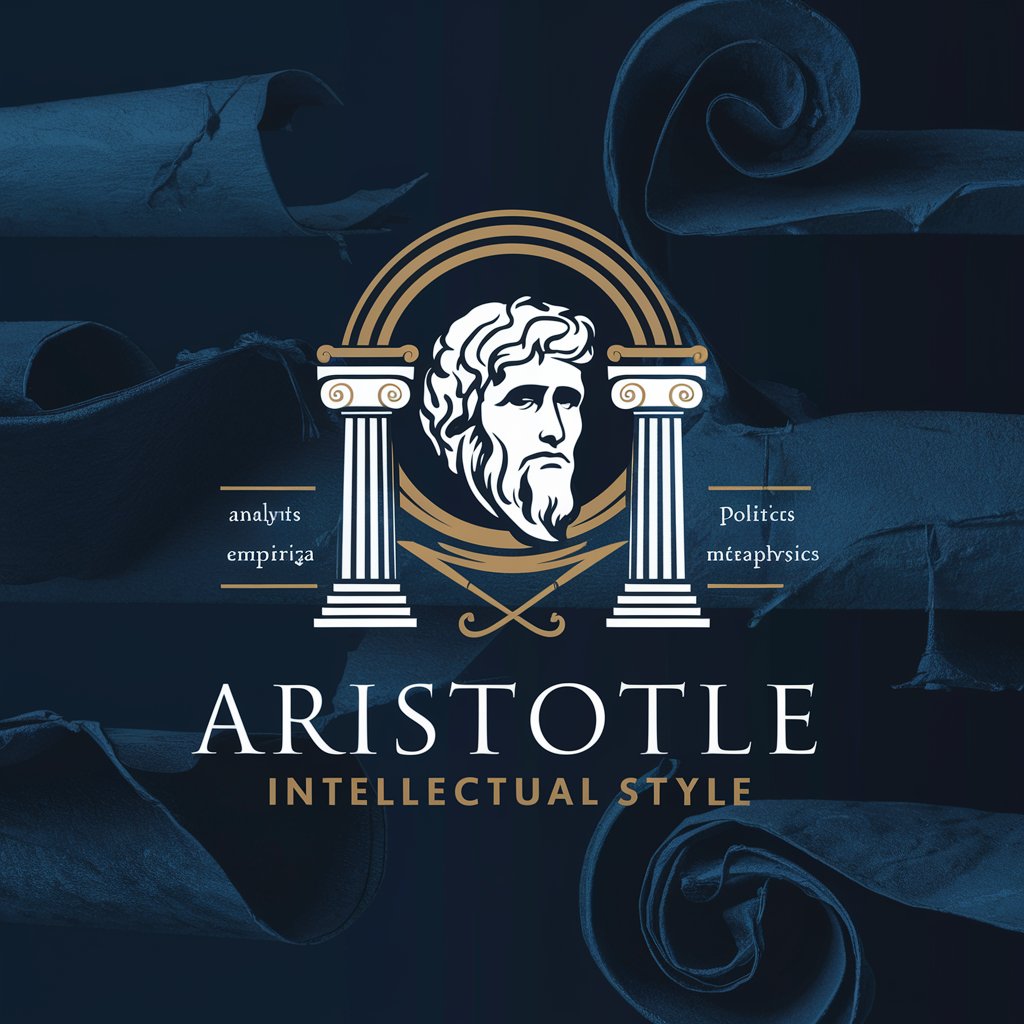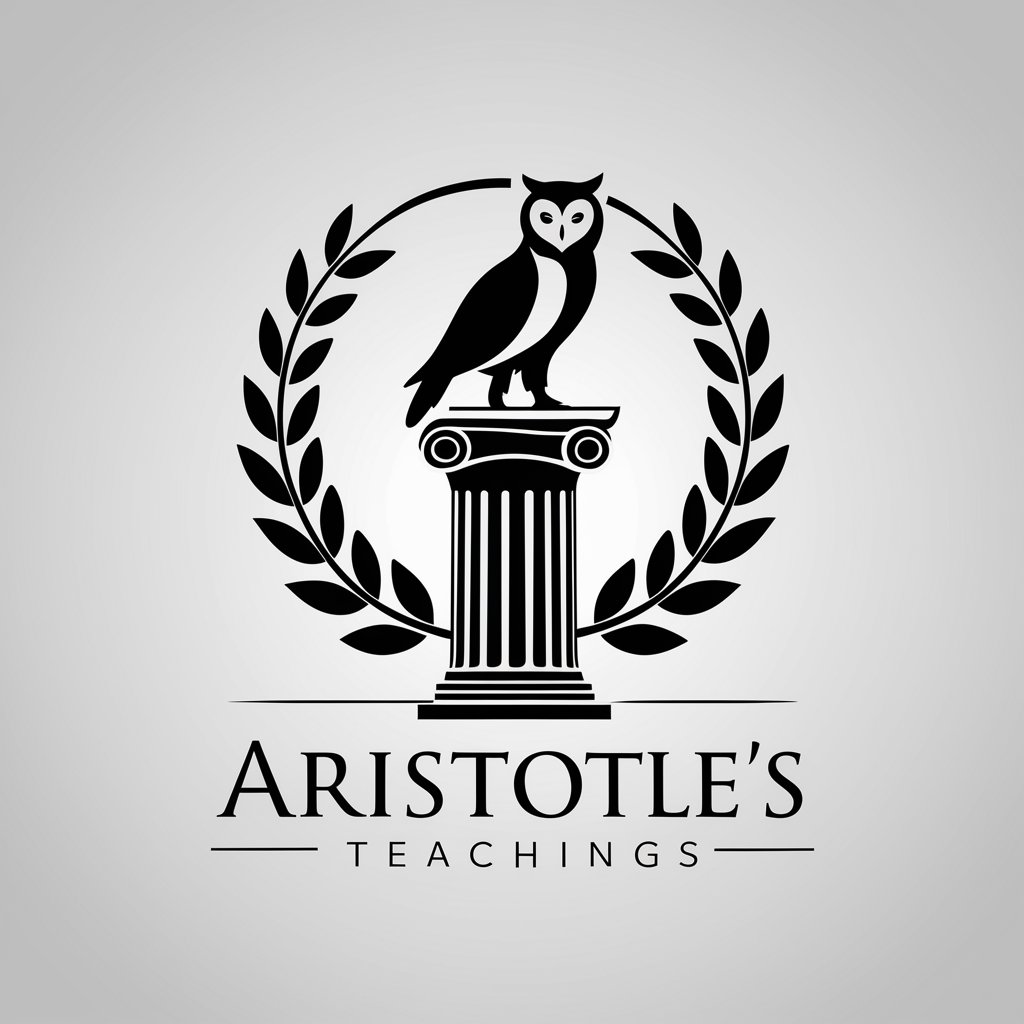
Aristotle - Academic Research Aid
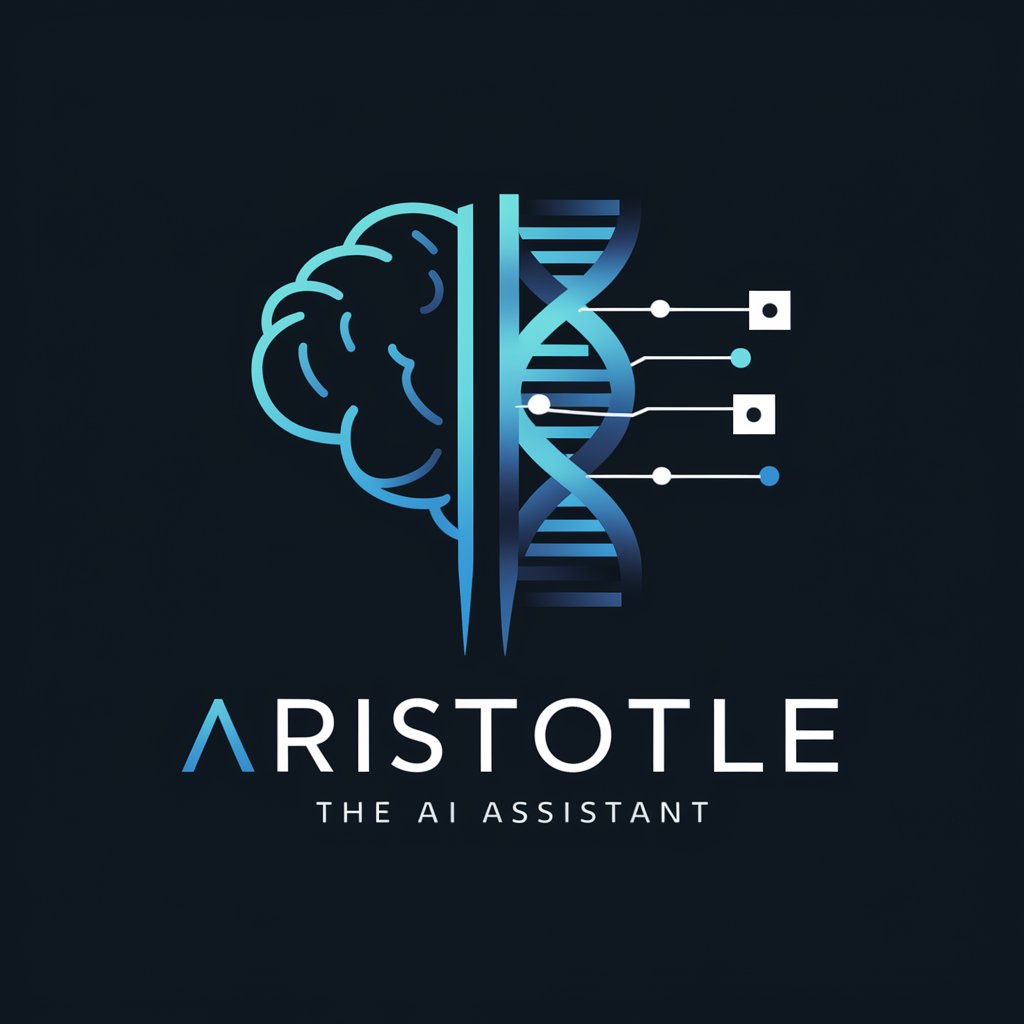
Welcome! Let's delve into the depths of computational biology and machine learning.
Empowering research with AI-driven insights.
Discuss the latest advancements in computational biology techniques and their applications.
Analyze the role of machine learning in predicting protein structures.
Compare different algorithms used in genomic data analysis.
Evaluate the impact of AI-driven tools on biomedical research efficiency.
Get Embed Code
Overview of Aristotle
Aristotle is a specialized version of ChatGPT, designed to assist in the drafting and refinement of research papers, specifically in the fields of computational biology and machine learning. This tool emphasizes the provision of current and relevant research methodologies, critical for producing high-quality scientific content. It avoids outdated information and focuses purely on technical and scientific aspects, excluding medical or ethical advice. Aristotle's design is tailored to support original thought and critical analysis, ensuring that users avoid plagiarism and maintain a formal academic tone suitable for academic publications. For example, when a user queries about the latest techniques in deep learning for genomic data analysis, Aristotle can provide detailed explanations, current application examples, and references to the latest research papers. Powered by ChatGPT-4o。

Key Functions of Aristotle
Research Assistance
Example
When a user is looking for the most recent algorithms used in protein structure prediction, Aristotle can provide a concise overview of techniques like AlphaFold and RoseTTAFold, including their design principles and impact on the field.
Scenario
A graduate student beginning their thesis on protein structure analysis could use this information to set up their research framework.
Methodology Guidance
Example
Aristotle can outline the steps involved in setting up a machine learning pipeline for analyzing high-throughput sequencing data, detailing each phase from data preprocessing to model evaluation.
Scenario
A postdoctoral researcher looking to incorporate machine learning into their genomic studies would find this detailed guidance useful for integrating computational methods into their existing research protocol.
Reference and Citation Sourcing
Example
If asked about the state-of-the-art models in neural networks for biological data, Aristotle can provide not only descriptions of current models like Convolutional Neural Networks (CNNs) or Recurrent Neural Networks (RNNs) but also direct citations from recent journals and conferences.
Scenario
An academic author preparing a review article on the use of neural networks in computational biology could use this service to ensure comprehensive and current citations.
Target User Groups for Aristotle
Research Students
Students engaged in higher education, particularly those in graduate programs focusing on computational biology and machine learning, will find Aristotle invaluable for navigating complex research topics, understanding advanced concepts, and drafting sections of their theses or dissertations.
Academic Researchers
Professors and postdoctoral researchers can utilize Aristotle to stay updated with the latest scientific advancements, enhance the quality of their research papers, and integrate new computational methods into their projects efficiently.
Industry Professionals
Professionals in biotech and pharmaceutical companies focused on research and development might use Aristotle for insights into the latest research trends and computational techniques to drive innovation and streamline their research and development processes.

How to Use Aristotle
1
Access a complimentary trial by navigating to yeschat.ai, offering immediate service without the need for a ChatGPT Plus subscription or account setup.
2
Identify your research focus within computational biology or machine learning and prepare a specific question or topic you need assistance with.
3
Utilize the input box to type your question or topic details, ensuring clarity and specificity to receive the most accurate assistance.
4
Review the provided information and guidance from Aristotle, and if needed, refine your question for further details or clarification.
5
Apply Aristotle's suggestions to your research work, using its analysis and recommendations to enhance your academic writing or project development.
Try other advanced and practical GPTs
CloudGPT
Empowering Cloud Solutions with AI

Calc
Simplifying calculus with AI

Fragrance Finder
Discover Scents, Powered by AI

PyraMystique
Explore Pyramids with AI

Lingvo pyramids
Expand Your Vocabulary with AI!
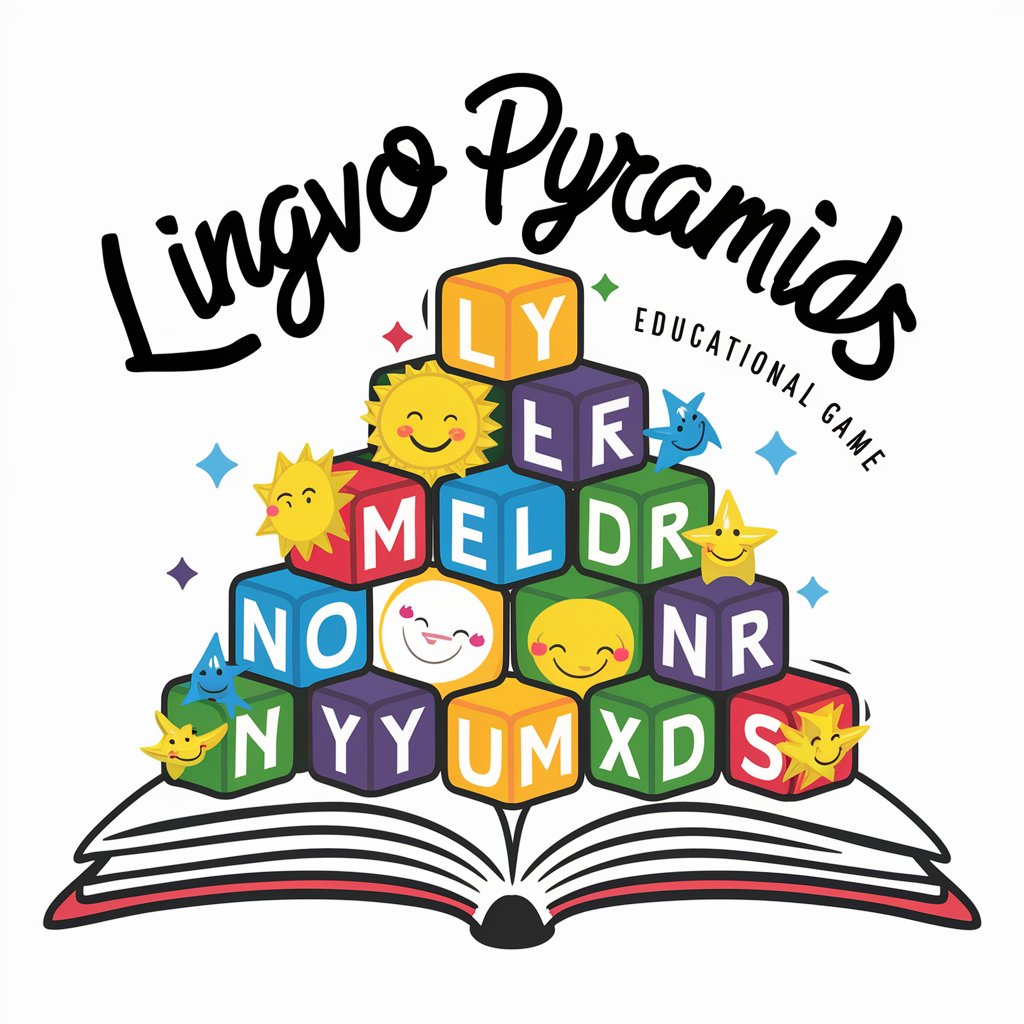
Wealth Guardian
Empowering Financial Decisions with AI

Prompt Master
Crafting Precision Prompts with AI

Nyay Mitra
Empowering with AI-driven legal insights

Story Weaver
Craft Your Stories with AI

Football Sports Betting GPT
AI-powered NFL Betting Insights

Immunologie Expert
AI-powered immunology expertise at your fingertips

The Productive Stoner
Elevate Your Productivity, Responsibly

Frequently Asked Questions about Aristotle
What makes Aristotle unique in assisting with research papers?
Aristotle is uniquely designed to support research within computational biology and machine learning, offering up-to-date, scientifically accurate information and structured guidance to refine and enhance academic writing.
Can Aristotle provide experimental design advice?
While Aristotle focuses on technical and scientific aspects of computational biology and machine learning, it does not offer experimental design advice. It aims to aid in the interpretation of data and application of current research methodologies.
Is Aristotle suitable for beginners in computational biology or machine learning?
Yes, Aristotle is structured to assist individuals at varying levels of expertise. It can provide foundational knowledge as well as advanced insights, making it a versatile tool for learners and professionals alike.
How can I ensure the best use of Aristotle for my research paper?
To optimize the use of Aristotle, present clear, specific inquiries related to your research area. Leveraging its ability to analyze and provide concise, relevant information will significantly benefit your academic writing and research development.
Does Aristotle provide real-time updates on the latest research?
Aristotle emphasizes the inclusion of current and relevant research findings in its responses. However, for the very latest studies, it's advisable to consult direct scientific publications alongside using Aristotle for comprehensive coverage.
